Noticia
A sustainable future for artisanal fishing thanks to the ISOSPAM project
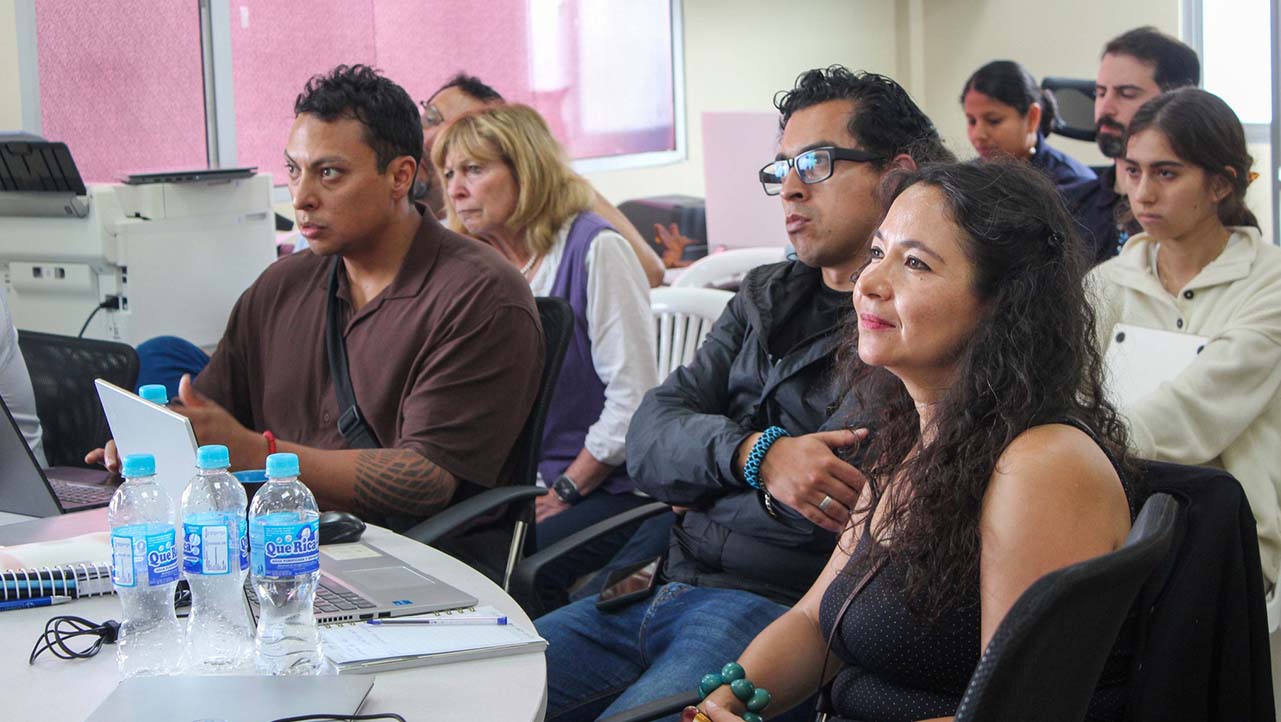
On November 29th our university took part in a meeting for the innovation and sustainability project of artisanal fishing in Manabi (ISOSPAM). Enza Bosetti, coordinator of the project; Tatiana Rosero, head of the community engagement department; and Nancy Bastidas, director of the community engagement department in our branch campus in Quito, attended the meeting on behalf of the university. Representatives of the Italian partners were also at the meeting: City Hall of San Benedetto del Tronto, la Universidad de Ferrara, Terre de Siena LAB, Blu Marine Service and COSPE.
During the meeting, they presented the advances in infrastructure of the fishing facilities located in Cojimíes and Pedro Carbo, which began in June 2024. The progress has allowed these facilities to participate in gastronomic fairs, where their products have been widely disseminated, consolidating its impact on the market.
They stressed that the management model of the ISOSPAM committee is based on the integration of productive and commercial activities. The organizations that are involved help in different stages of the fishing value chain, under the support of the Fisheries Observatory. This organization manages a plan based on the results of the fisheries census, promoting sustainable practices that respect the environment and prevent the overexploitation of natural resources.
In this context, Sergio Trevisani, representative of the Mayor's Office of San Benedetto del Tronto, stated: “we saw this community commitment reflected in the broad participation of community members and in the actions carried out in the territory.”
Juan Carlos Murillo, marine biology consultant at the Artisanal Fishing Observatory, presented key indicators and results of the fishing monitoring phases. The most notable findings are variations in the size of certain populations of species such as yellow croaker, white shrimp and red snapper. Regarding by catch, rays were identified as the most vulnerable species. Therefore, they have implemented fishing evaluations, strategies to improve selectivity and economic incentive measures with the aim of reducing their impact.
UPS presented the advances of communication regarding community engagement, thanks to the work of teachers and students of the Communication and Multimedia Design majors in Quito. Led by professors Carlos Martínez, Grace Benalcázar and Diego Proaño, they created interactive products, content for social networks and the website. Augmented reality resources were also presented and will be implemented in the Interpretation Center of the Environment and Artisanal Fishing in Cojimíes, which will facilitate the transmission of knowledge and raising awareness towards sustainability.

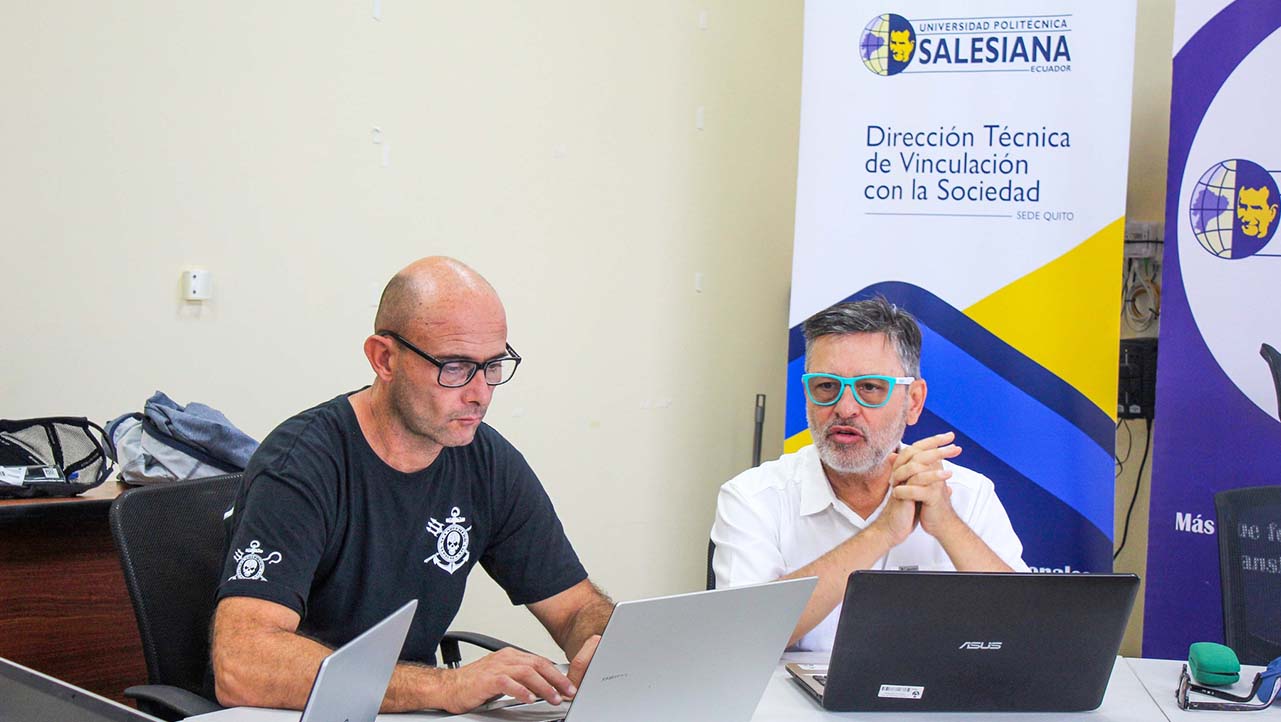
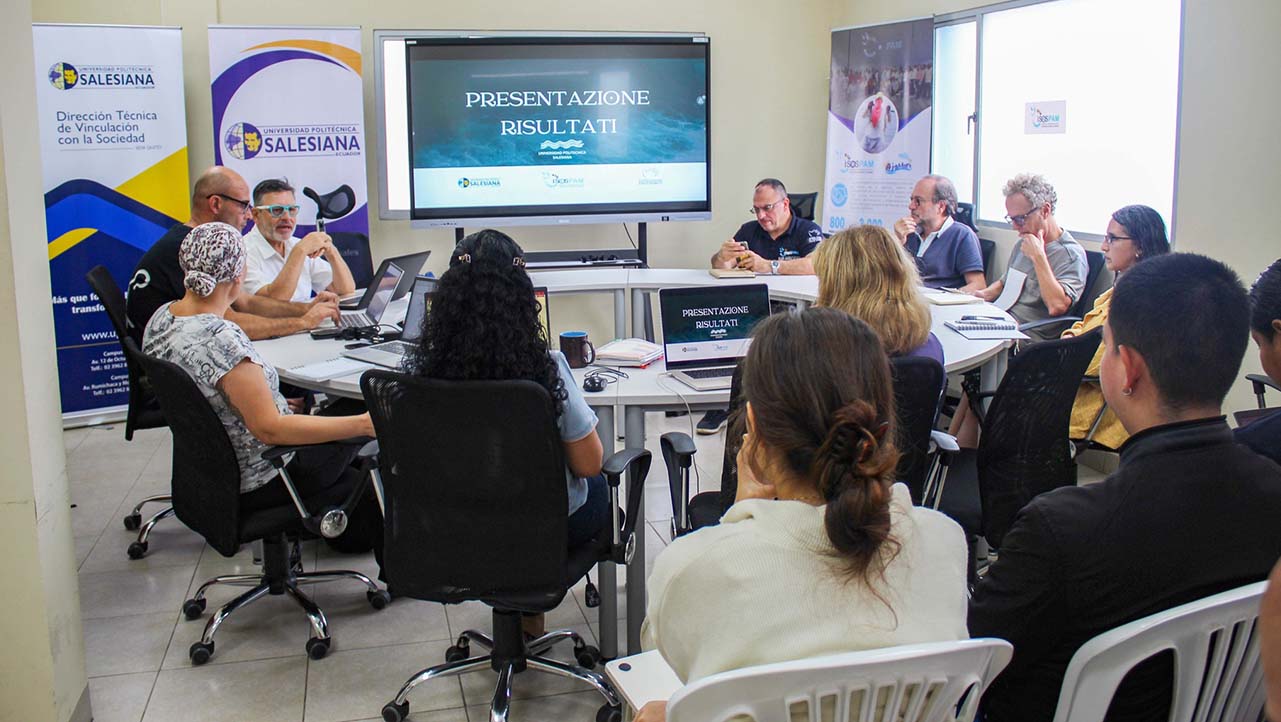
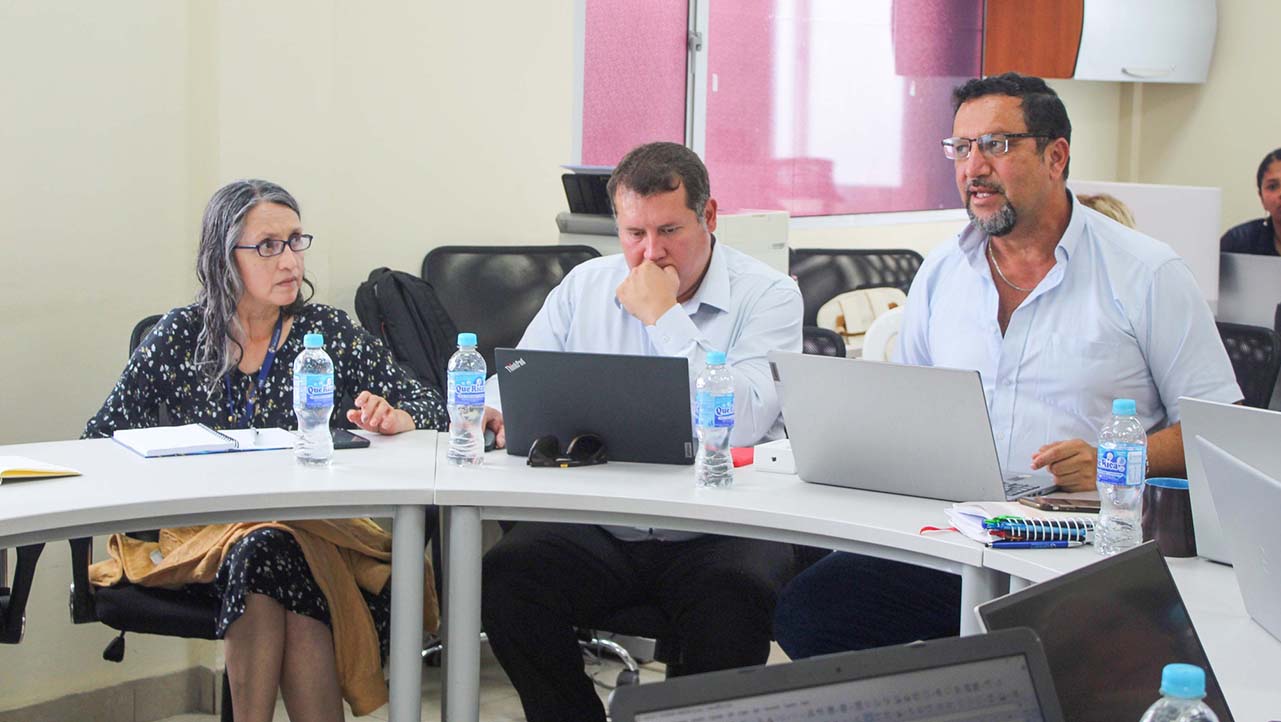
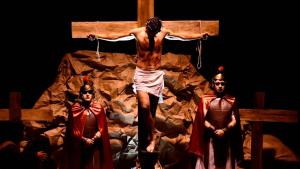
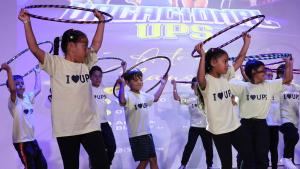
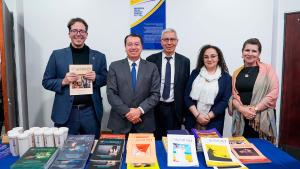
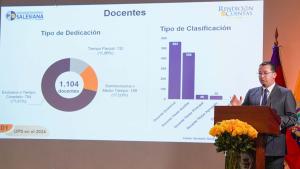
Follow us
Follow us